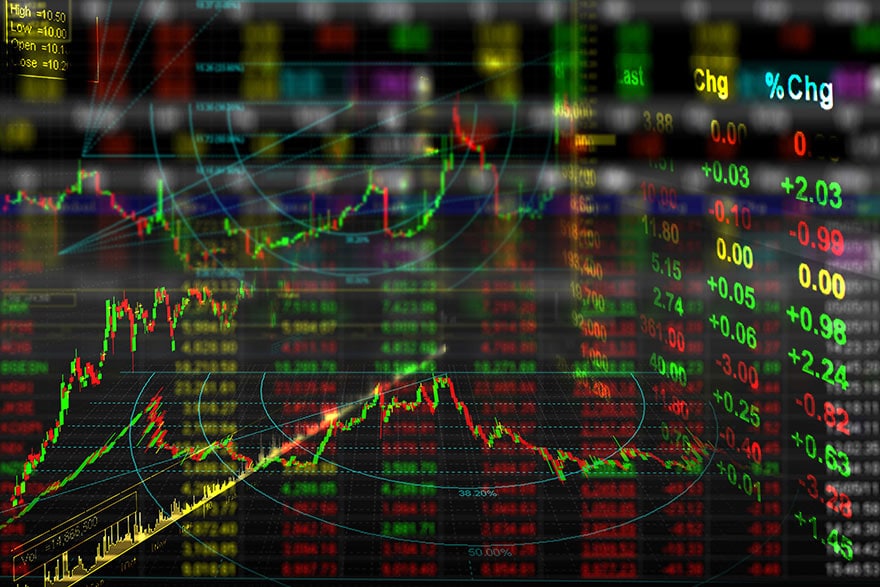Investors don't complain when machines push up stock market values, but only when their distortions cause them to fall back, as is currently the case on the world's stock exchanges. And that this spreads immense nervousness in the financial markets. Here is the logic that reinforces the financial fears: the algorithms of the TFH (THigh Frequency rading) are not "aware" of the reasons for their transactions. They do not have an opinion on the real issues influencing the global economy. On the other hand, algorithms are mechanically programmed to track variables such as the "Momentum"price and volume. They do not make decisions based on real world contingencies, such as political events.
Ahat can algorithms say about Chinese consumer confidence? The impact of sectarian conflict in the Middle East on oil prices? Algorithm programming does not take into account real world events. In addition, algorithms do not know when to stop or change course, so they can put too much money into a transaction and exaggerate the fluctuations. Computers don't have "affirmative duty" to maintain order in the markets.
Research shows that scholarships tend to overreact news when the TFH business is at a high volume, and that this can have "adverse effects" on the markets.
TFH in France
The Autorité des marchés financiers (AMF) in France has been particularly proactive about the creation of a regulatory regime robust for the FTF, and the rules put in place by the AMF provide a good example for countries that are concerned about the uncertainty of the FTF, such as the United States, Canada and the United Kingdom.Australia.
France's experience in the field of TFH is very particular as it has already sanctioned TFH companies for market manipulation. In December, the AMF Enforcement Committee sentenced the company Virtu Financial Europe and the French market operator Euronext, imposing a fine of €5 million on each company, the highest fines ever imposed in a case involving TFH operators.
In this case, the sanctions committee of the AMF considered that several securities "had given or were likely to give false or misleading indications as to the supply and demand for these financial instruments". In addition, the AMF determined that Virtu had engaged in "conduct that could cause a degradation of service or prevent the orderly functioning of the market".
Price determination
From a theoretical point of view, proponents of the TFH argued that it provides the most up-to-date information and thus facilitates the "price discovery". However, if the algorithms simply exaggerate the course on the stock markets by moving large sums of money at instantaneous speeds, do they really facilitate fair pricing?
The U.S. Senate has launched a survey on the structure of financial markets and the effect of the FHT on their volatility. To this end, a report produced by the Royal Bank of Canada notes that the TFH has multiplied the complexity of the market without offering benefits to customers. Financial markets are only becoming more and more convoluted, and according to these financial experts, even the most sophisticated investors are no longer able to absorb all the subtleties caused and manipulated by the algorithms. Instead of facilitating organic buy and sell transactions, the convoluted system encourages "middlemen" who take advantage of the intense fluctuations and increase volatility.
We are living in an age of technological transformation, with multiple diabolis ex machina. Nevertheless, our contemporary fears also reflect the reflections of the Comte du Mirabeau, when he wrote in his "Denunciation of agiotage, to the King and the Assembly of Notables." :
The agitation in Paris over the effects whose possible profit will mislead the imagination can only engender the most abominable of industries. And what compensation does it offer when its unique result, its latest product, is a frenzied game where millions have no other movement than to move from one portfolio to another, without creating anything, except a group of chimeras that today's madness walks around with pomp and circumstance and that tomorrow's madness will make them vanish.
It was 1787. Two years before the Revolution.
Usman W. Chohan, Doctoral Candidate, Economics, Policy Reform, UNSW Australia
The original text of this article was published on The Conversation.












